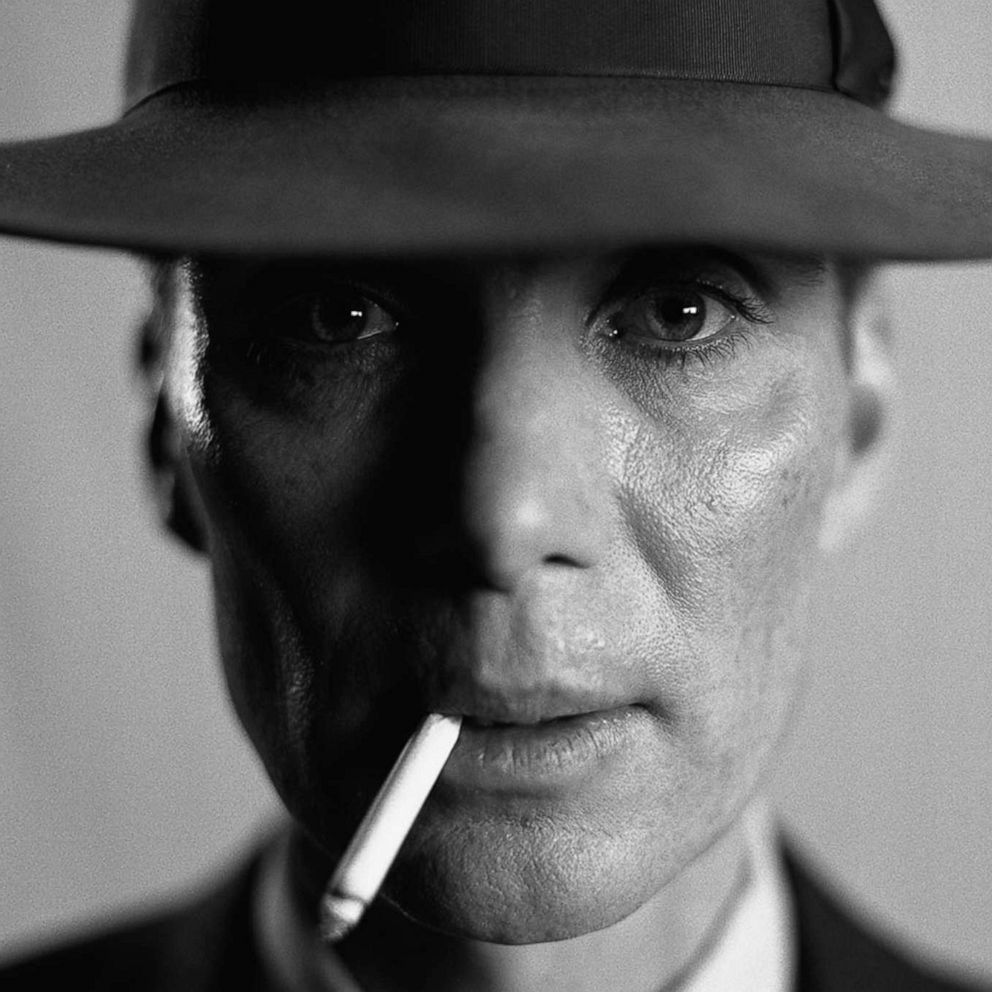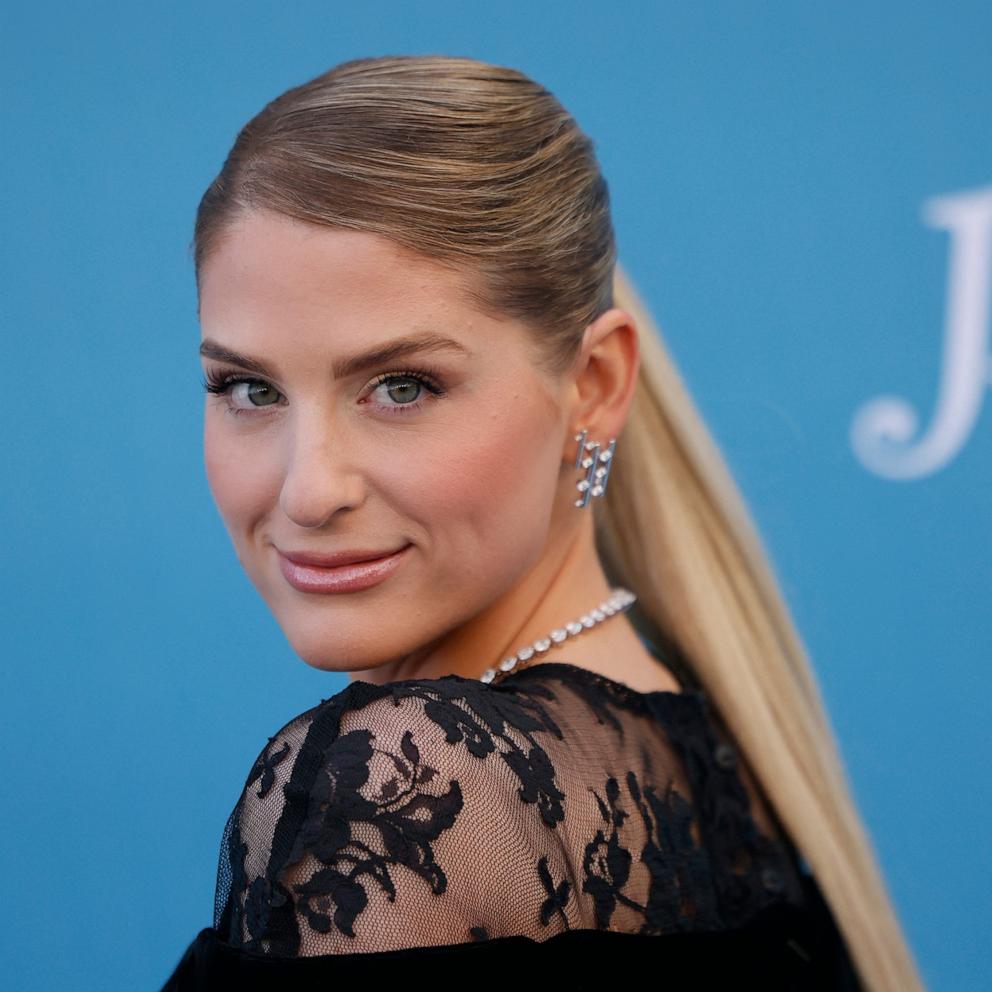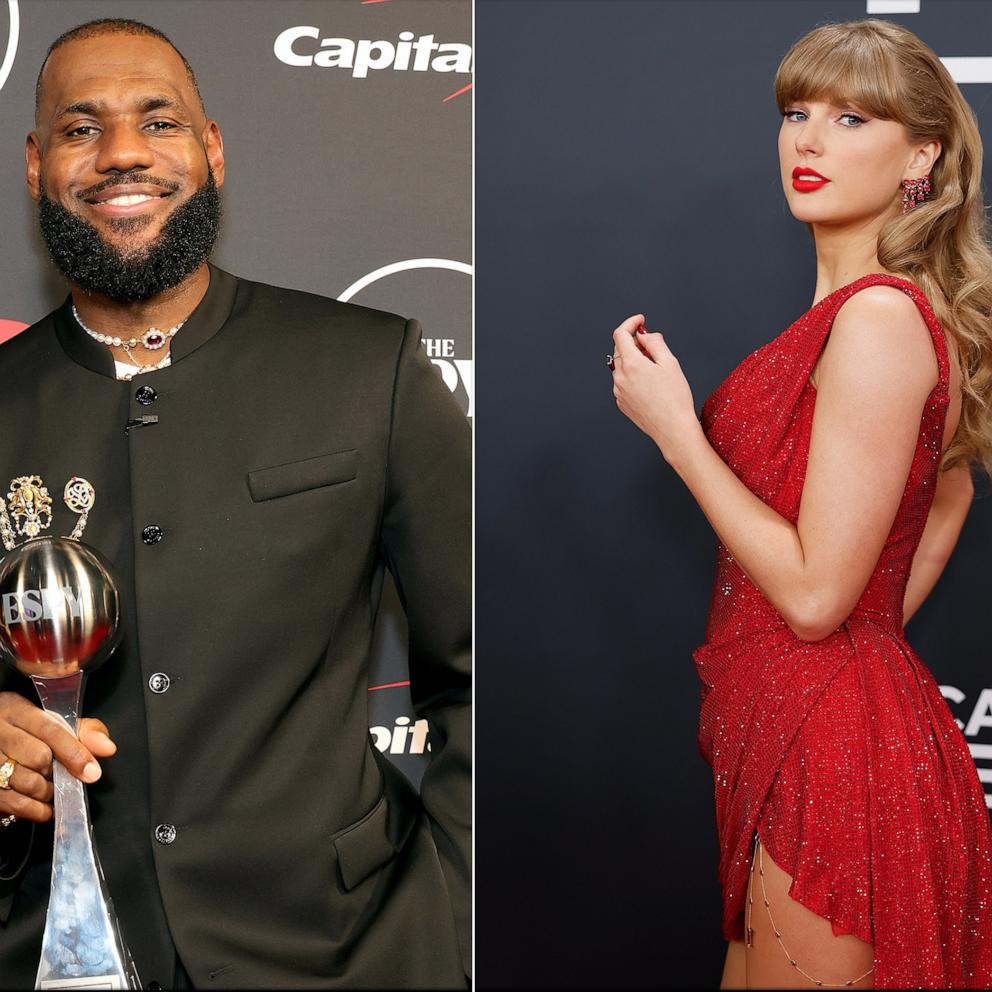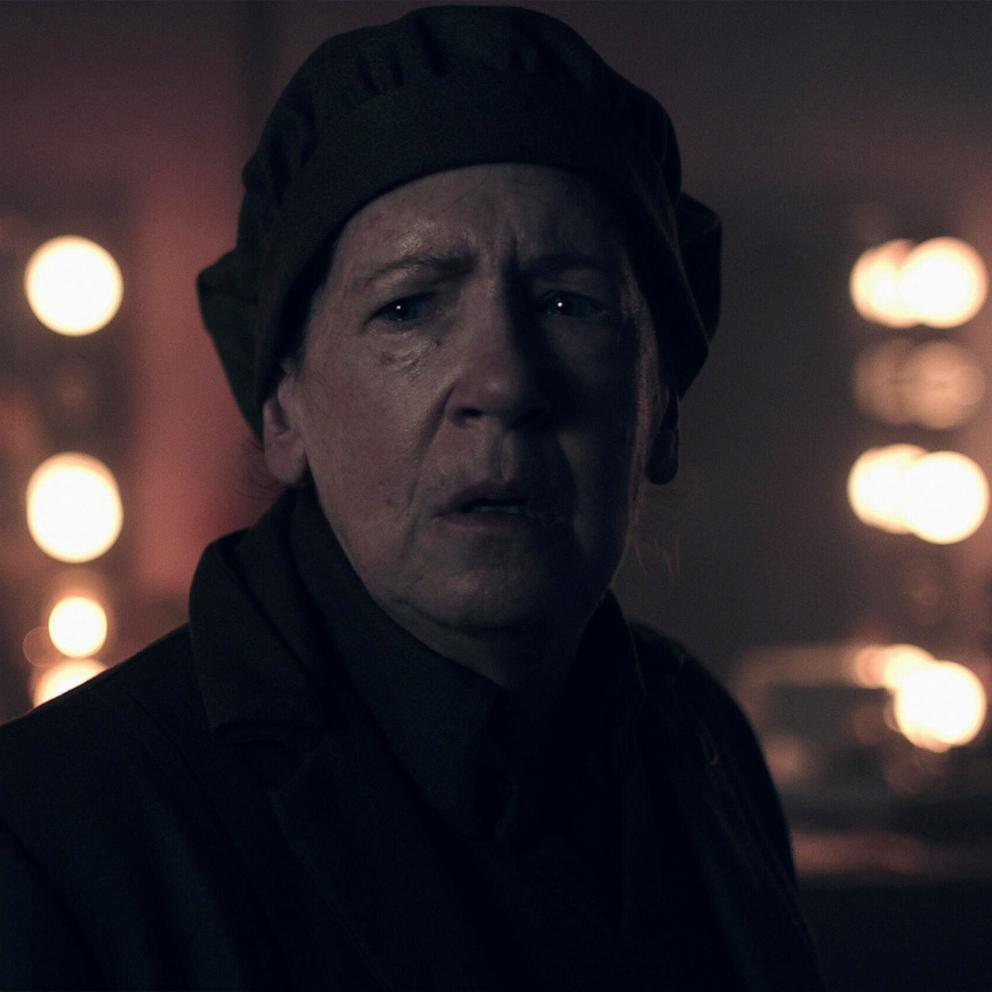Review: 'Origin' is an emotional powerhouse that you'll be talking about for years
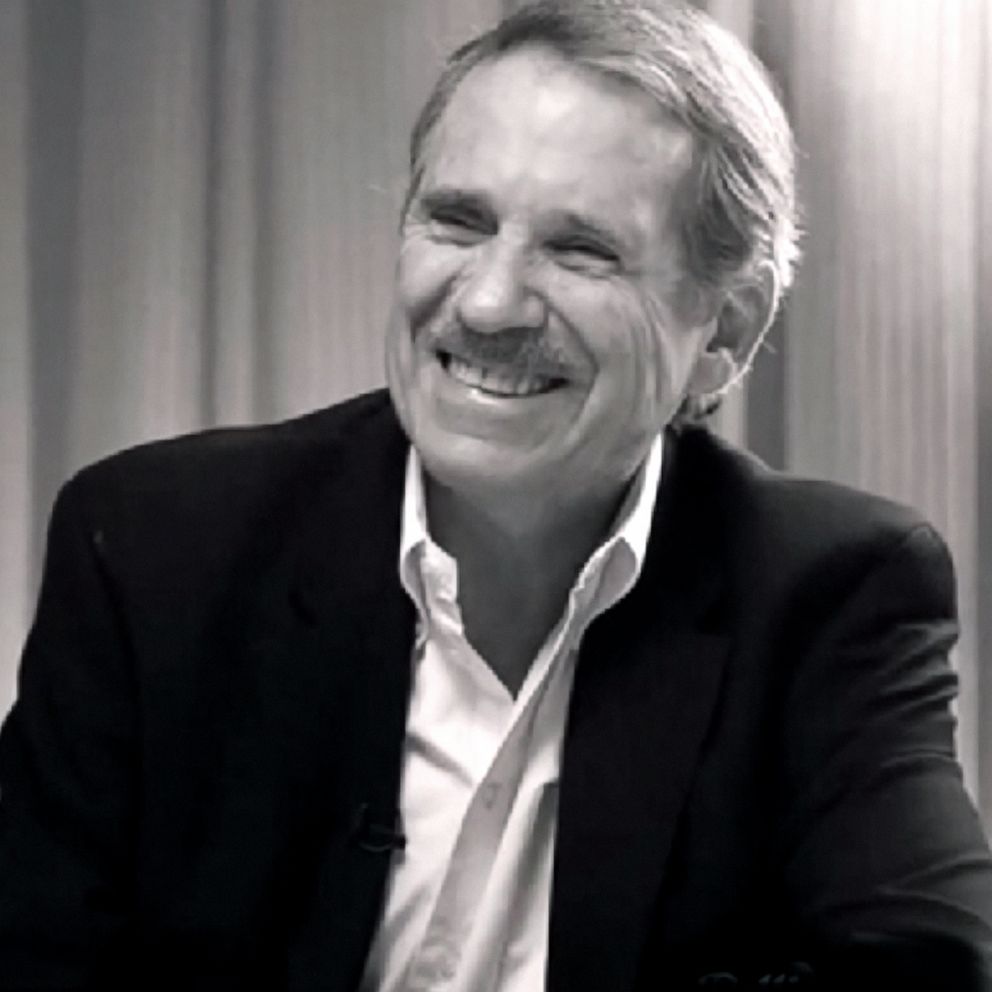
"Origin," the latest gift of essential filmmaking from director-producer-writer Ava DuVernay, goes into wide release in theaters today. Don't pass it by, as some have, maybe thinking that DuVernay's take on Isabel Wilkerson's 2020 nonfiction bestseller, "Caste: The Origins of Our Discontents," sounds more like homework than a fun time at the movies.
Don't jump to conclusions. "Origin," though not a documentary, is still a social history, a spellbinding provocation that takes on weighty themes in drawing parallels among the caste systems in India, Nazi Germany and the American South.
As DuVernay has put it: "It took me a really long time to wrap my mind around the idea that there's something underneath racism that's called 'caste.' It doesn't mean racism doesn't exist. It means the foundation, the root, the origin, underneath is the very simple premise -- someone has to be better than someone else."

How do you make a movie about an intellectual argument? By putting a human face on it. DuVernay's idea was to thrust Wilkerson herself into her own thesis. Not an easy task, and you can feel the bumps in the narrative, especially when her characters become mouthpieces.
Still, there's no denying DuVernay's ambition and grieving heart. All praise then to "King Richard" Oscar nominee Aunjanue Ellis-Taylor, who brilliantly nails every nuance as Wilkerson, the first woman of African-American heritage to win a Pulitzer Prize in journalism.
To heighten the intimacy, DuVernay dramatizes Wilkerson's grief -- the deaths within a year of her white husband Brett Hamilton (a terrific Jon Bernthal), and her mother Ruby (Emily Yancy), the widow of a Tuskegee Airman who inspired Wilkerson's first bestseller, "The Warmth of Other Suns," about the great migration of Black Americans from Southern to Northern states.
DuVernay was also motivated by Trayvon Martin ("MJ" Tony winner Myles Frost), the Black teen whose fatal 2012 Florida shooting at the hands of neighborhood watch member George Zimmerman opens the film. Strong choice since Trayvon's tragic death helped spark the Black Lives Matter movement and incited Wilkerson to start her book about caste hierarchies.
The tangle of plots and subplots may throw you off balance. But DuVernay, whose influential work has won an Emmy ("When They See Us") and Oscar attention ("Selma"), grips you hard as she retraces Wilkerson's steps in the book, shooting on location in Berlin, Delhi and the U.S.

Flashbacks illuminate Nazi Germany during the rise of Hitler, Mississippi during the Depression and India when Dr. Bhimrao Ambedkar (Gaurav J. Pathania) fought for the rights of Dalits, people degradingly known as "untouchables." How can it be racism, Wilkerson contends, when in India, everyone has similar skin colors? It's the feigned superiority of caste.
Is it? DuVernay wisely encourages debate. In an early scene, Wilkerson tries to explain her book's framework to her cousin Marion (the wonderful Niecy Nash-Betts), who brushes off the highfalutin jargon. "Tell it to me plain," says Marion. Duvernay heeds the lesson well. Is she taking on too much? Maybe. DuVernay even financed "Origin" independently, shooting her intimate epic over a scant 37 days, so her vision couldn't be compromised and she could face her audience without an ounce of pomposity or grandstanding.
The result is an emotional powerhouse that you'll be talking about for years, even if you don't agree with all of Wilkerson's arguments. With "Origin," DuVernay gives us something rare in a multiplex dominated by comic-book escapism: a movie that matters.



